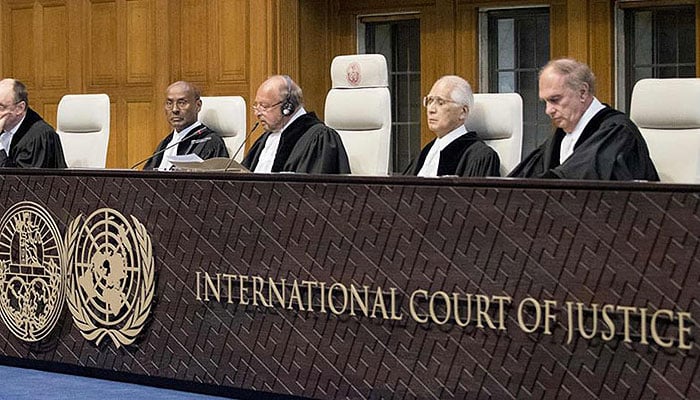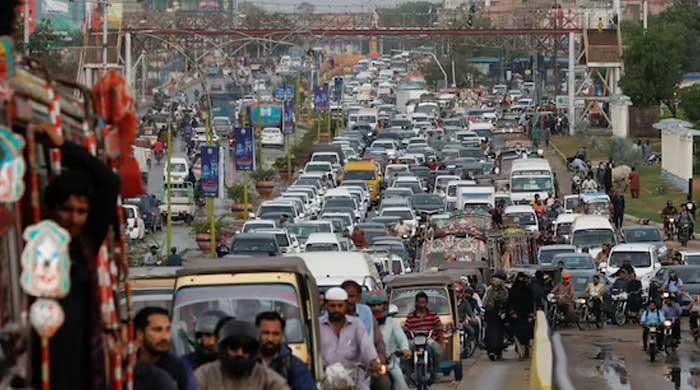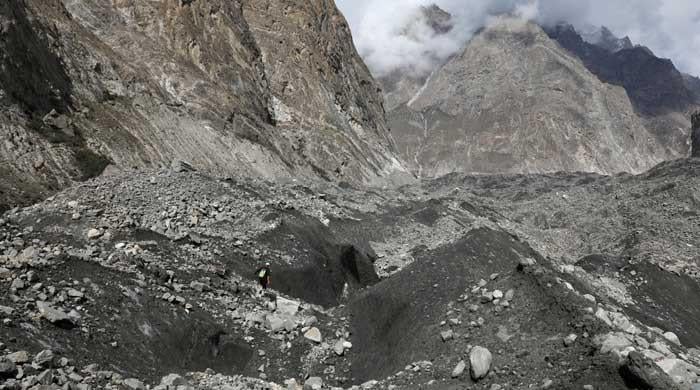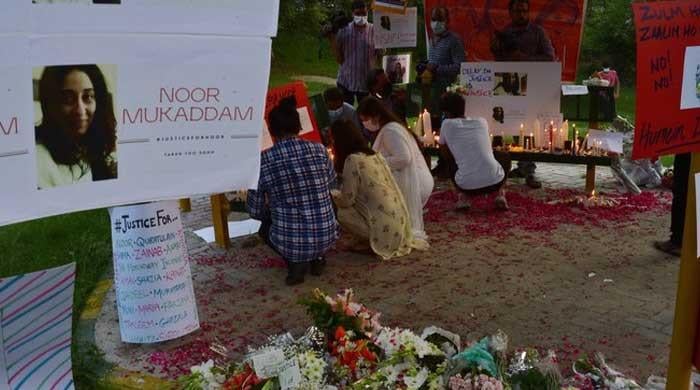Pakistan shouldn't expect justice from ICJ
Jadhav killed the people of Pakistan. He should be sentenced and executed by Pakistan.
May 26, 2017

The case of Kulbhushan Sudhir Jadhav, a serving Indian spy and naval officer, pending adjudication before the International Court of Justice, has turned lawyers into political analysts and political analysts into legal experts.
This is distracting. Few, if any, are talking about the actual root cause of the case and its possible outcomes. Instead, talking heads are busy on screen hurling accusations and demeaning each other’s acumen.
Admittedly, I am no exception. But I will offer my two cents here from a strictly legal perspective and as a citizen of Pakistan who is entitled to know and comment on a case of national security.
Jadhav is accused of a serious crime. Criminal codes prevalent throughout the world prescribe severe punishments for such crimes, as does Pakistan. Even though it pains me to read and hear from families of those who lost their precious ones on account of the barbaric activities of Jadhav as a ‘spy,’ yet as a citizen of another country he is entitled to his rights, varying from consular access to being declared not guilty.
Now a little about the ICJ and why Pakistan should not expect fair play in the Netherlands.
Extraordinary times require extraordinary measures. The ICJ by its very definition is a creature of consent to benefit the 'firsts' among 'equals'. Over the years, this court has proved to be a specialist of unequal application of law.
I would have extended a lot of respect for this forum provided it had the audacity to adjudicate upon issues such as that of Kashmir on which international resolutions have been passed.
Proceedings at the ICJ are not very different from a typical civil trial in Pakistan. A plaintiff eventually passes away in pursuit of evidence and even after ten years his case continues to linger. Sounds familiar right?
Pakistan has lost at least 80,000 lives due to terrorism. I, as a citizen of the country, expect justice. I want to see Jadhav being subjected to the punishment he deserves under the law of the land. I want the analysts and the lawyers to spend more time on rendering their expert opinions about how Jadhav can be made to meet his deserving fate, as opposed to dissecting international laws, which only cater to the resourceful countries.
International law is inherently oppressive to small states. This is because of the right to veto accorded to the five big powers under the United Nations.
Jadhav killed the people of Pakistan. He should be sentenced and executed by Pakistan.
End Note: I have been careful in avoiding legal terminologies, as some of the international law experts would have taken serious offence to us non-experts commenting on their subjects. Despite having studied international law during my undergraduate, I still exercised extreme caution and tried my level best to remain within the definition of a citizen.
The writer is an Advocate High Court, practicing in Lahore. He tweets @pansota1











